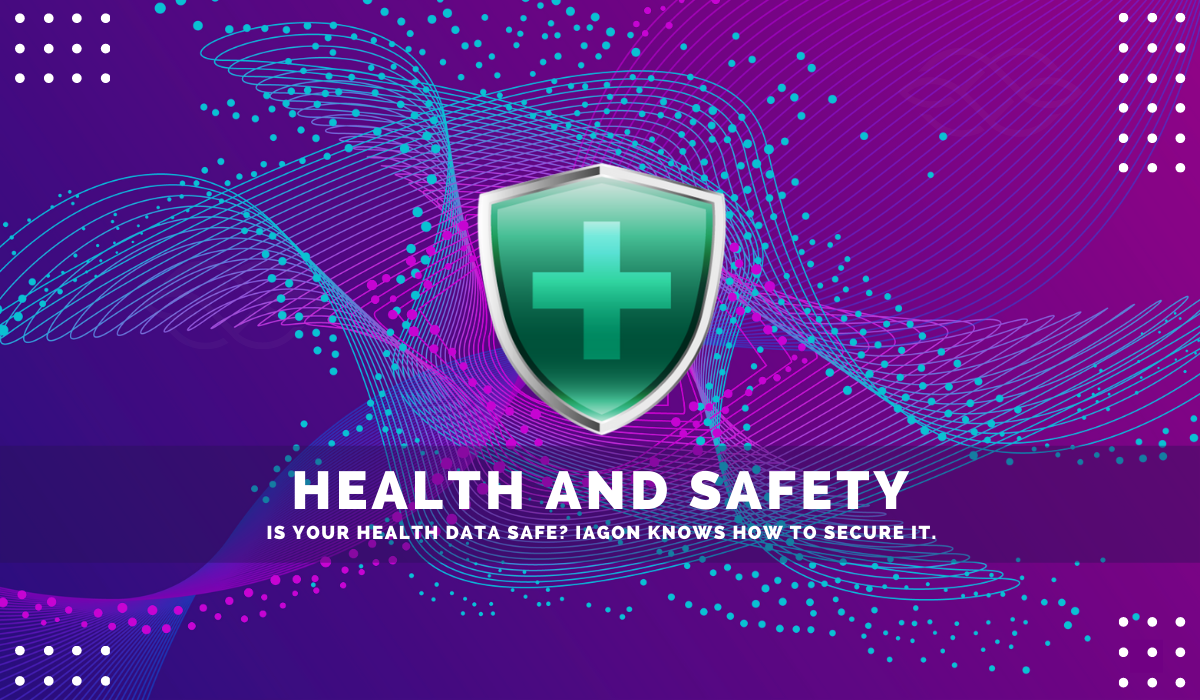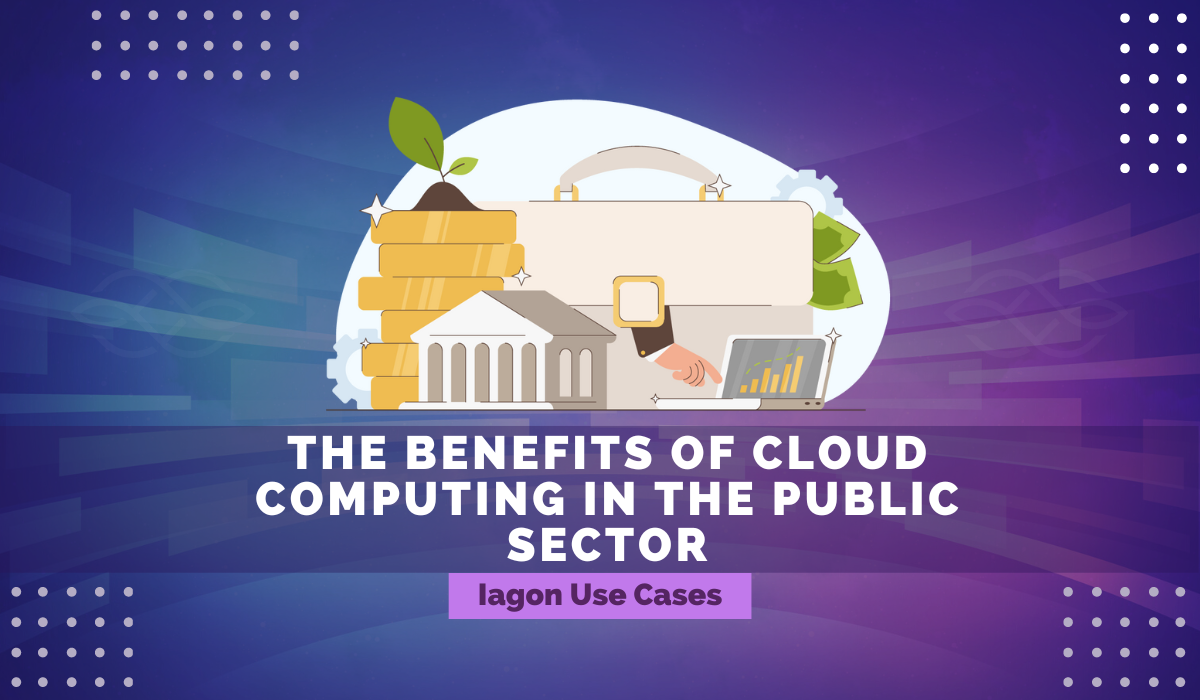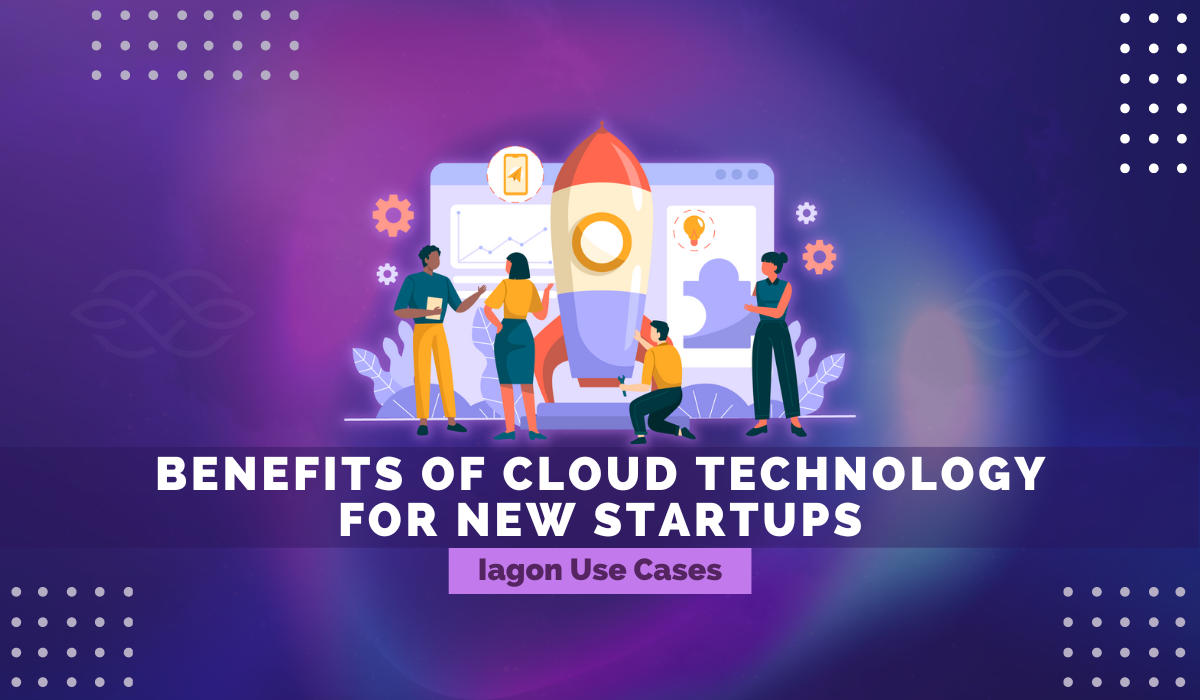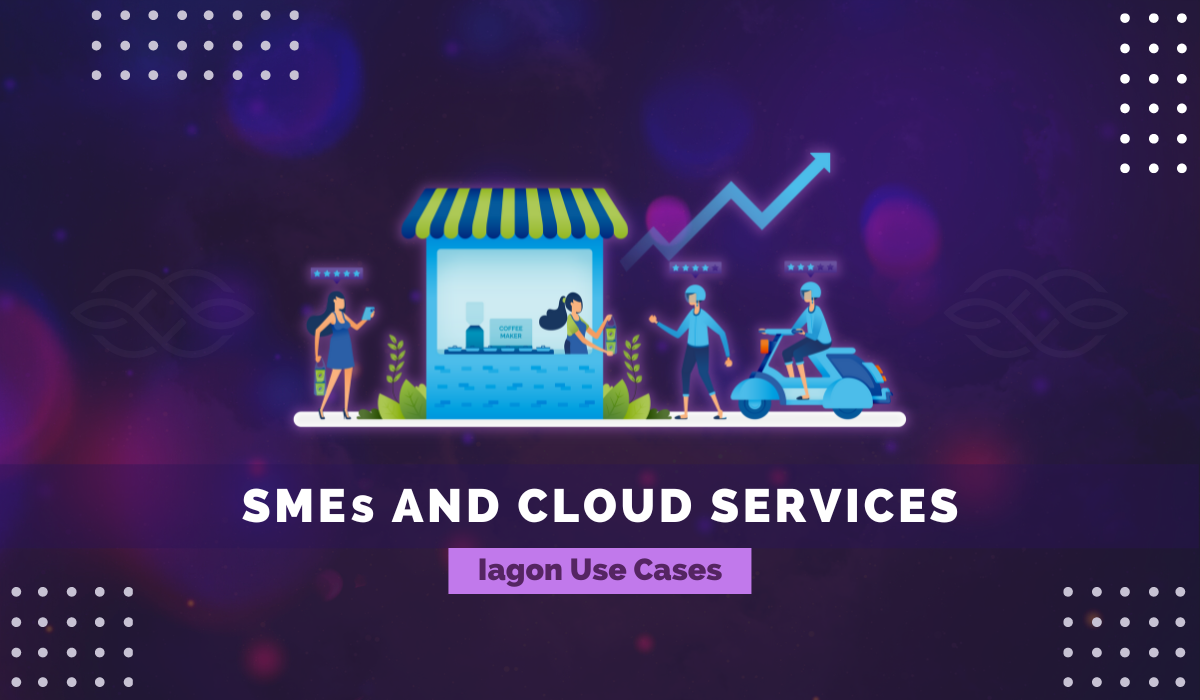Nearly every technological advancement embraced by the healthcare industry brings new challenges along. The progressive digitization of health data processed by healthcare facilities or collected by smartwatches and other mobile devices leads to a burning question: who is in charge of all that information, and can they be trusted?
Digital health problems
Data, seemingly the most valuable commodity of the 21st century, is a highly vulnerable resource. Health data, or - more precisely - your health data, is no different. You might be wondering why anyone other than your doctor would be interested in your sore throat or high blood pressure, but there’s more to it. As being fit has become a status symbol, we track our morning runs or bicycle rides and brag about a new PB on social media. This way, we supply companies like Facebook, Google, Samsung, or Apple with more information than we might think. Eating habits, training routines, physical fitness - all this can be built into statistical models and sold off to advertising companies and sports equipment manufacturers.
What about medical records? Yes, you already know where this is going. We will happily boast about your achievements, but less so when it comes to illnesses, which is why such data is valuable to pharmaceutical companies. Or anyone, for that matter. Medical records processed at healthcare facilities contain names, addresses, social security numbers, medical history, etc. The loss of such vital personal information may result in, among others, fraud or reputational damage.
As it turns out, cyberattacks designed to harvest patient-related information are not uncommon. According to the U.S. Department of Health and Human Services’ Office for Civil Rights, nearly 700 data breaches (involving 500 or more records) occurred in 2021, resulting in almost 45 million healthcare records being exposed or stolen. The privacy of patients is only one side of the coin, however. Medical facilities can be harmed in several ways as well. The threat actors may maliciously delete medical data, encrypt all files and demand a ransom, or divert payrolls to their accounts. Breaches may also be followed by negligence lawsuits.
Security measures aside, digitalizing all those medical records serves a purpose. It can streamline the transfer of data between patients, healthcare facilities, and other organizations. Even so, with so many potential actors involved, software incompatibility and the lack of a common authentication standard raise serious concerns.
“How can I help?”
Iagon was established in 2017 to tackle major issues related to how healthcare data is stored. The initial ambition of Dr. Navjit Dhaliwal (Iagon’s CEO and founder) was to create a secure health data storage platform for individuals. As the sole owners, they would be in full control of the data. This way, access to health services should become easier, safer, and transparent. The whole idea quickly evolved under the realization that being able to own and store data in a secure decentralized network shouldn’t be limited to medical records. Such a solution might be incredibly useful to all sorts of companies, including corporations storing precious IP documents, SMEs looking for new ways of avoiding ransomware attacks, or organizations operating in high-level security environments. All of them might benefit from a tool bringing compliance, decentralization, and security to the table.
Proper treatment
Iagon’s shared storage solution leverages the power of blockchain technology. By providing a common platform for patients and healthcare facilities, we can improve the flow of information. With no need for exporting and importing data between incompatible applications, much time could be saved. Achieving full interoperability would allow the system to be considerably more cost-effective.
Patients wouldn’t have to worry about the safety of their medical records. Iagon’s revolutionary sharding algorithm for splitting files into encrypted segments distributed across a decentralized network ensures complete data security and privacy. Even if a threat actor somehow manages to access one of the shards, they won't be able to recover any usable data or manipulate it in any way.
What’s more, storage consumers can specify where their data should be stored and how it can be transferred or accessed. Not only does this give the users total control over the files. It also allows the protocol to meet region-specific data handling requirements when necessary. Incorporating a reputation model into the network ensures user credibility, as misbehaving parties are quickly identified and deemed untrusted.
Room for improvement
Embracing blockchain technology can be incredibly beneficial to the industry. Improved flow of information, reduction of IT-related expenses, and eradication of data breaches are just a few potential advantages. So join us now and help us revolutionize the healthcare system by making it more secure and truly patient-oriented.
Read more:
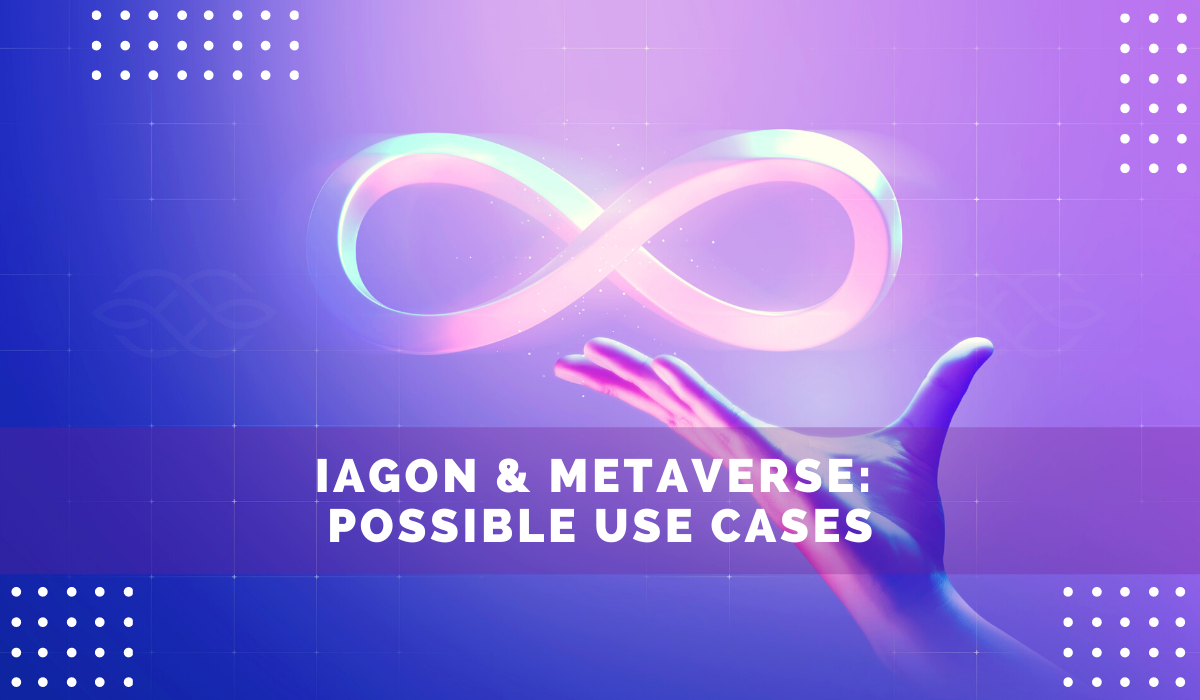
About Iagon
Iagon aims to revolutionize the cloud by developing a storage platform and a processing platform where anyone can profit from shared resources. The whole value proposition circles back to the potential of blockchain technology by letting device owners join the storage and processing power grids to create a completely decentralized data cloud and supercomputer.
Website | Twitter | Telegram | Blog | CoinGecko | CoinMarketCap

